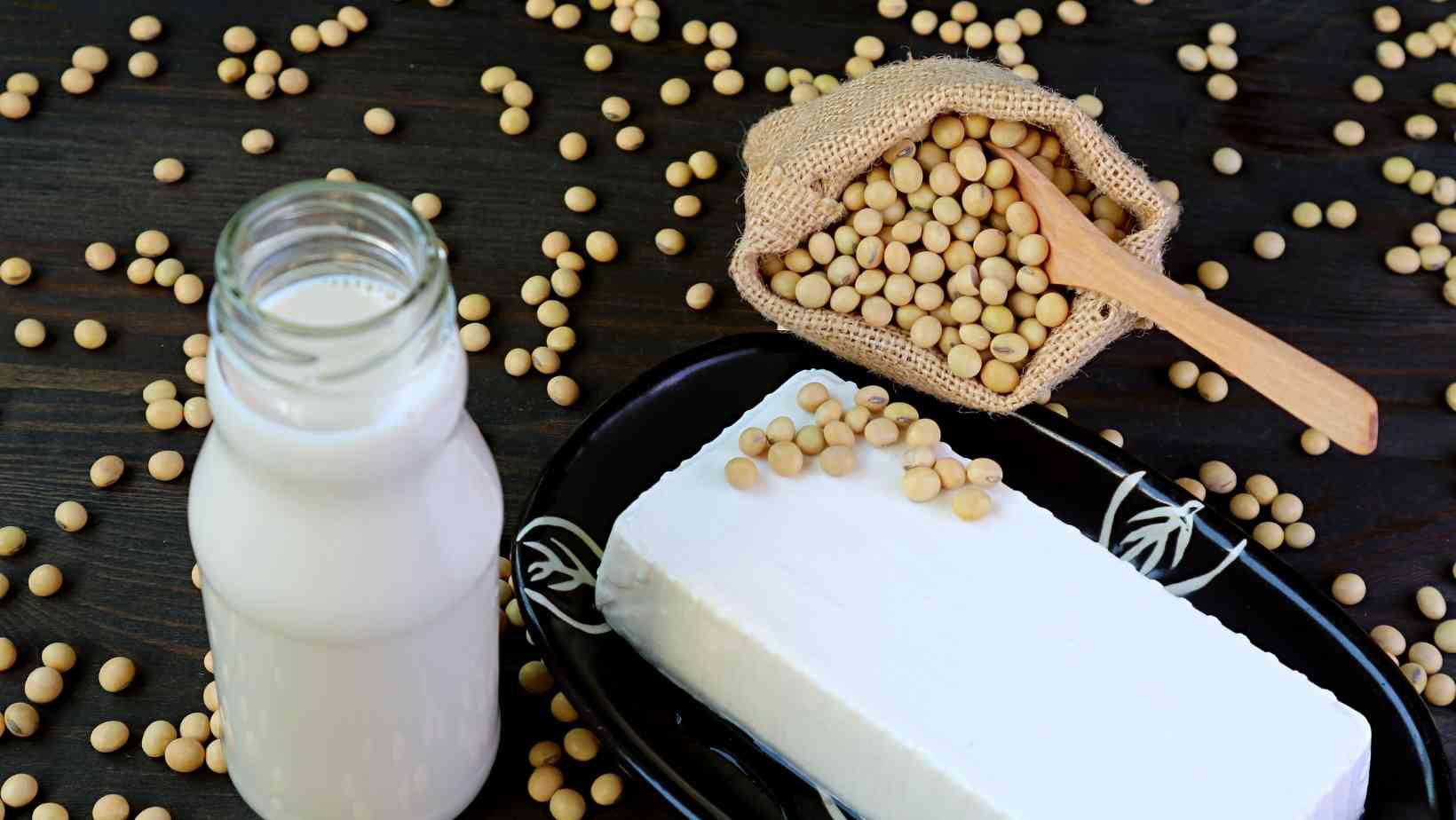Tyrosine is one of the 20 amino acids that are required for the production of proteins. It is classified as a non-essential amino acid, which indicates that your body can produce it and that it does not need to be included in your diet. Rather than being just a building block, tyrosine is a structural component of almost every protein in the human body.
Tyrosine is synthesized by your body from phenylalanine, an important amino acid that you need to survive. A disorder is known as phenylketonuria, or PKU, affects a tiny fraction of the population who are unable to digest the amino acid phenylalanine. It is possible that they may need to take tyrosine supplements, however, physicians often adopt a different strategy when treating people with PKU.

Studies have shown that tyrosine supplements may improve people's memory and performance while they are under stress, or that tyrosine may assist individuals who are sleep deprived to be more attentive, but additional study is required to confirm these claims. The vast majority of individuals do not need tyrosine supplements. Because tyrosine is found in a variety of meals, it is unlikely that you have a shortfall.
Additionally, the body includes a mechanism for controlling its tyrosine intake. It is possible to consume too little tyrosine in your diet, and your body will produce more. If you consume too much, your body will begin to break it down. Supplements aren't normally required, and the body isn't likely to make use of them anyhow.
What Is the Purpose of Tyrosine?
Tyrosine has a variety of critical functions in the body, including the following:
- It aids in the production of proteins, which are essential for survival.
- It assists the body in the production of essential enzymes.
- Increases the amount of transmission between nerve cells.
- It aids in the development of melanin, the skin pigment that protects the body from sunburn by absorbing ultraviolet rays.
- It contributes to the generation of thyroid hormones in the body.
There is some evidence to suggest that tyrosine offers the following health advantages as well:
IQ (Intellectual Ability)
Some research suggests that tyrosine may increase people's ability to perform under stress and that it may even help them retain more information under difficult conditions. Tyrosine may also assist you in remaining alert if you have missed a significant amount of sleep.
Effects of an Antidepressant
Although the evidence is conflicting, some studies show that tyrosine may be moderately beneficial in the treatment of depression. One researcher found that individuals' moods improved almost immediately after the trial ended.

Foods Containing Tyrosine
Tyrosine and phenylalanine mixed at a quantity equivalent to 14 milligrams per kilogram of body weight should be consumed on a daily basis by healthy adults. The two drugs are mixed because they have a synergistic effect on one another in your body. There is no need to complete the calculations if you consume a healthy, well-balanced diet. It is quite improbable that you are tyrosine deficient.
Because tyrosine is an amino acid, it should come as no surprise that it may be found in meals that are rich in protein, such as the following:
1. Sesame Seeds
Sesame seeds are an excellent source of the amino acid tyrosine. They are also high in zinc, vitamin B6, and magnesium, among other nutrients. All of these nutrients are beneficial for maintaining alertness and memory.
2. Cheddar cheese
The presence of white crystals on the surface of aged cheese is a good indication that tyrosine is present. Cheese is so high in tyrosine that it may occasionally be seen on the sliced surfaces of other foods. It's still very safe to consume, and it's an excellent source of tyrosine.
3. Soybeans
All nine necessary amino acids are present in soybeans, which makes them a complete protein source. This indicates that they contain phenylalanine, which is tyrosine's companion. It seems to be the reason that soybeans would have a significant amount of tyrosine.

4. Meat and poultry products
Many people naturally think of meat when the word protein is spoken. The proteins beef, pig, lamb, and chicken are all high in tyrosine and a rich source of protein. In addition, these meals may be heavy in fat and cholesterol, so keep serving sizes modest and learn how to prepare meat and poultry in a healthy manner.
5. Fish
Fish is a good source of protein and tyrosine for your diet. Fish may contain mercury, which should be kept in mind by some persons, particularly those who are pregnant. The majority of individuals may safely ingest modest quantities of it in small doses.
6. Nuts and seeds
Those who adopt a vegetarian or vegan diet may nevertheless get a substantial amount of protein and tyrosine from their diet. A significant concentration of nutrients, including protein and heart-healthy omega-3 fatty acids, may be found in nuts.




